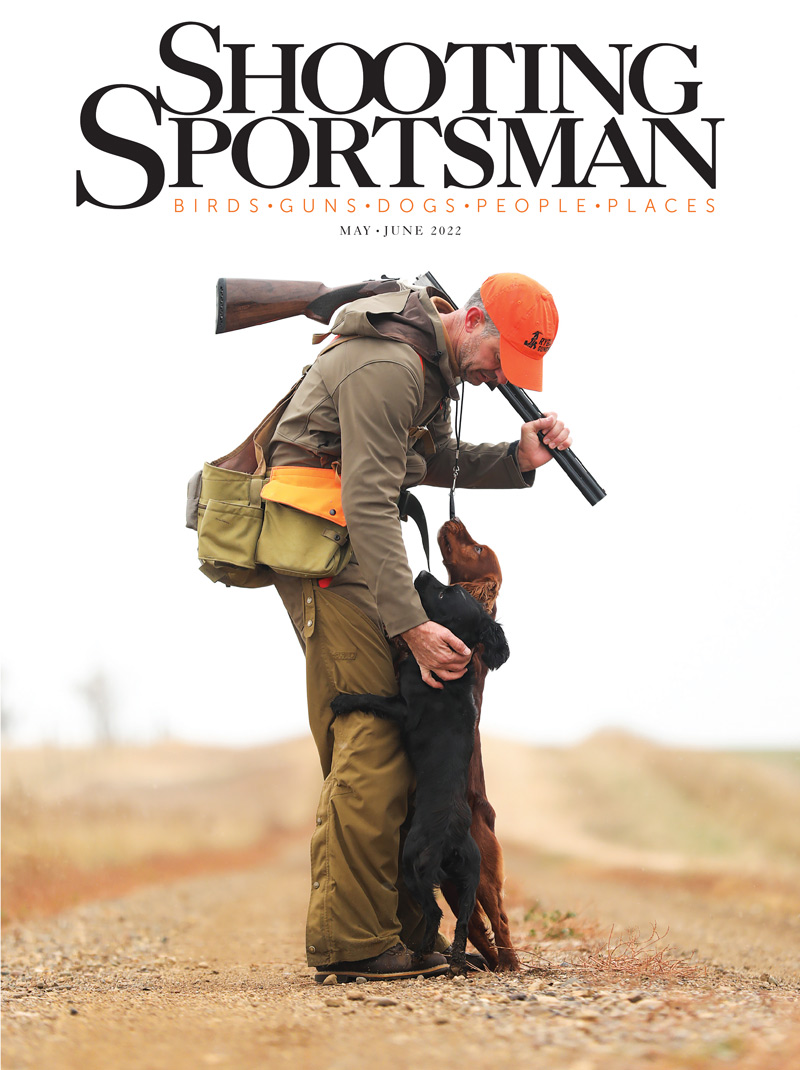Wildlife management is at the founding core of Delta Waterfowl. Since its inception in the 1930s with the simple mission “to produce ducks and secure the future of waterfowl hunting,” Delta has combined research science with its boots-in-the-mud application through intensive management programs and the conservation of duck habitat.
So it was a revelation for Delta’s leaders to learn the extent to which today’s students training as tomorrow’s wildlife managers are not hunters. Traditionally, students seeking careers in wildlife management were motivated in part by growing up in hunting families, with an understanding of the symbiosis through which hunters fund wildlife management (and habitat conservation) and have the greatest stake in the outcome. In 2017 when Delta launched its University Hunting Program to bridge this divide and reach wildlife management students in college, up to 70 percent of the undergraduates had no hunting background.
“That’s a problem,” said Jacob Bushaw in a Delta Waterfowl news release. Bushaw runs the school program as Delta’s HunteR3 coordinator, the organization’s effort to boost hunter recruitment, retention and reactivation. “Without an understanding of the important role sportsmen and women play in conservation, these future biologists and decision makers—many of whom will use hunting-license and permit revenues to manage waterfowl—might make ill-informed choices about ducks and duck hunting.”
Participating students receive instruction as part of a regularly scheduled wildlife course, in many cases receiving extra credit for the successful completion of the main program components: completing a hunter safety course and an additional shooting-skills day and participating in a weekend hunt and a post-hunt meal.
Introduced at five partner universities, the program grew to 24 schools by 2019 and to 39 for the 2021–’22 waterfowl season. According to Bushaw: “Thanks to a generous grant from the US Fish and Wildlife Service, we hope to offer the program to a minimum of 50 schools in 2022.”
Buy This Issue!
Read our Newsletter
Stay connected to the best of wingshooting & fine guns with additional free content, special offers and promotions.





